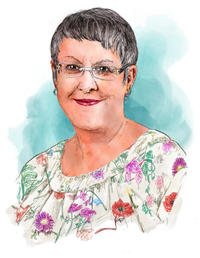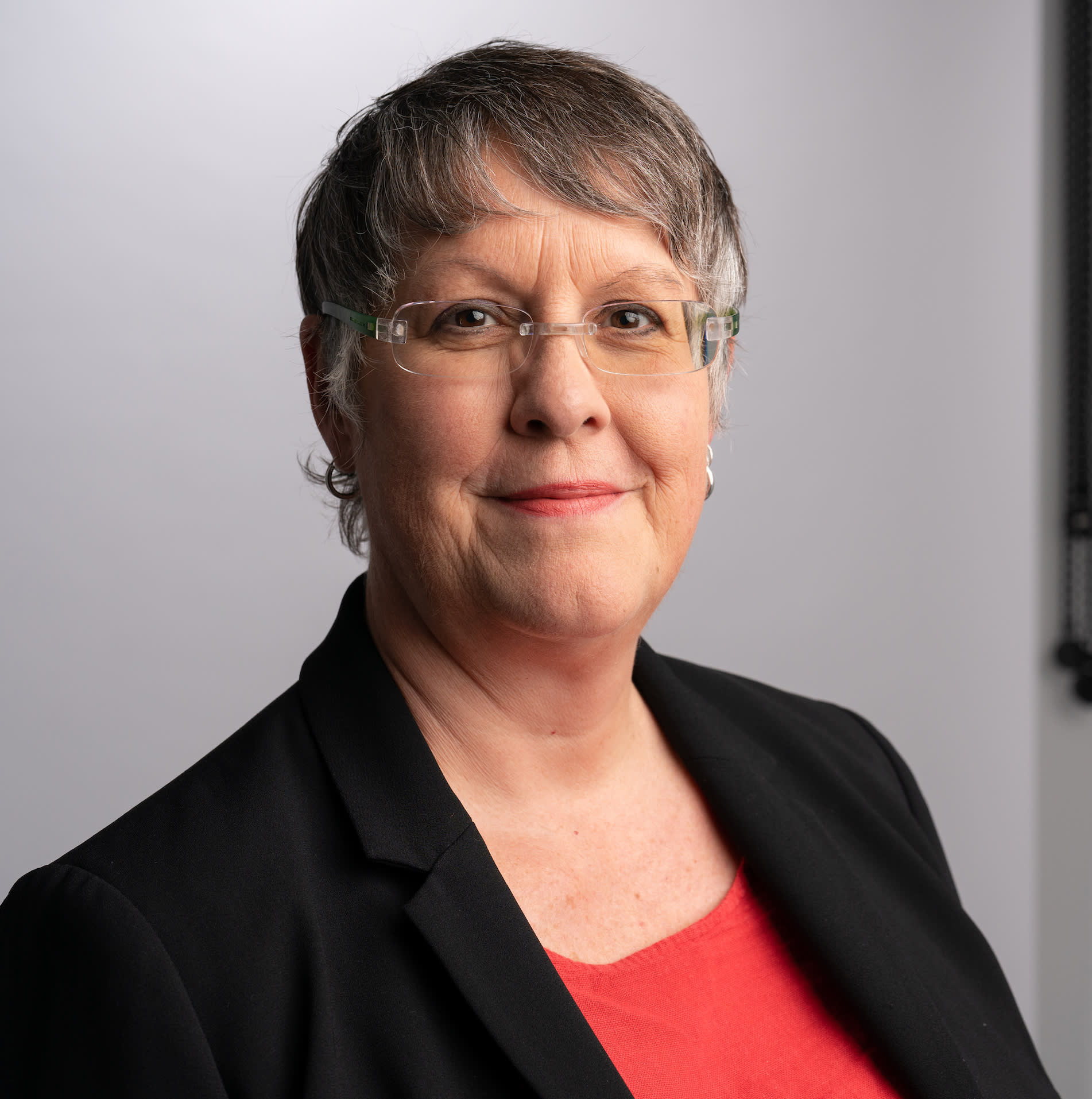For the second year in a row, the World Economic Forum (WEF) is holding its Davos meetings online due to the uncertainty around Omicron and other variants. UN secretary-general António Guterres kicked off this week’s virtual “State of the World” sessions, listing three critical areas that business leaders need to collaborate on: confronting the global pandemic with equity and fairness; reforming the global financial system so that it works for all countries without bias; and supporting real climate action in developing countries.
Unsurprisingly, environmental risks are top concerns for the 1000 experts, policy-makers and industry leaders surveyed for the 17th edition of WEF’s Global Risks Report. Climate action failure, extreme weather and biodiversity loss were identified as the three most severe risks on a global scale over the next 10 years, while human environmental damage and natural resource crises also feature in the top 10.
In addition, societal risks – social cohesion erosion, livelihood crises and infectious diseases – were included in the list of severe risks. According to Saadia Zahidi, managing director, WEF: “Health and economic disruptions are compounding social cleavages. This is creating tensions at a time when collaboration within societies and among the international community will be fundamental to ensure a more even and rapid global recovery. Global leaders must come together and adopt a coordinated multi-stakeholder approach to tackle unrelenting global challenges and build resilience ahead of the next crisis.”
The only economic risk listed in the top 10 was debt crises. However, there is much pessimism among global leaders when it comes to bouncing back from effects of the Covid-19 pandemic in the short term. Most believe a global economic recovery will be volatile and uneven over the next three years. Only 11% believe the global recovery will accelerate.
Overall, only 16% of respondents feel positive and optimistic about the outlook for the world.
The survey also asked experts about the current state of international risk mitigation efforts. Those surveyed were fairly optimistic as to how trade facilitation, international crime and financial system stability were being managed at a global level. However, in emerging areas such as artificial intelligence, space exploitation, cross-border cyber-attacks and misinformation, respondents were less confident that something was being done.
Looking at future risks, Carolina Klint, risk management leader, continental Europe, Marsh, highlighted the potential risks emerging from competition in space. “Many organisations haven’t even started contemplating the risks for them in space,” she said during the report’s launch event. “While the birth of space tourism and a record number of orbital launches are exciting developments… the planet is surrounded by a literal junkyard of space debris with nuts and bolts, discarded rocket parts, empty fuel tanks, and broken satellites. In addition to growing geopolitical tensions, these objects pose a serious threat to global communications and the future of our ambitions in space.
“But if we can manage these emerging risks successfully, we will be able to realise the full potential for technological and human advancement that space presents,” she added.
Contributing to our January special issue, several global leaders addressed some of the big issues being discussed at Davos – although none tackled space risk. In her contribution, Egypt’s minister of international co-operation, Rania Al-Mashat, has outlined how to design a common agenda to deliver an effective model for inclusive partnerships. Dr Awele Elumelu, trustee of Tony Elumelu Foundation, has written about how supporting young entrepreneurs and creating a strong start-up ecosystem will help drive Africa's future growth story.
Philippines central bank governor, Benjamin Diokno, has written about how governments and banks alike need to embed fighting climate change into their operations. And European Banking Authority chair, José Manuel Campa, has highlighted how the organisation is underpinning banks’ efforts to address environmental, social and governance risks, and support the transition to a sustainable economy.
Joy Macknight is editor of The Banker. Follow her on Twitter @joymacknight
Register to receive the Editor’s blog and in-depth coverage from the banking industry through the weekly e-newsletter.






